EDITORIAL
Published on 16 Aug 2022
Editorial: Social psychological process and effects on the law
doi 10.3389/fpsyg.2022.990167
- 3,016 views
10k
Total downloads
105k
Total views and downloads
EDITORIAL
Published on 16 Aug 2022
ORIGINAL RESEARCH
Published on 03 Aug 2022
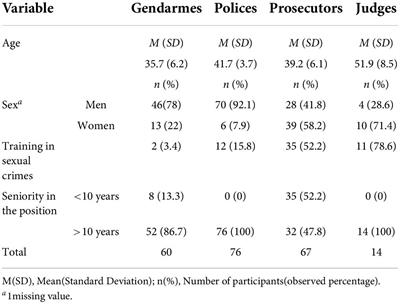
ORIGINAL RESEARCH
Published on 28 Jul 2022
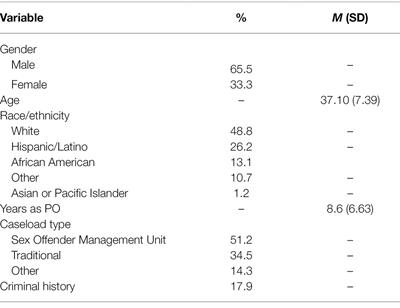
BRIEF RESEARCH REPORT
Published on 24 Mar 2022
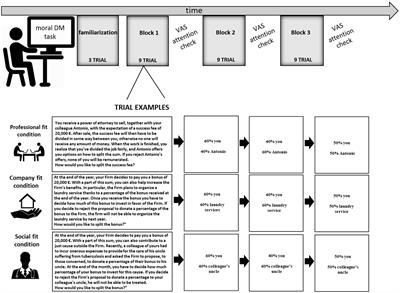
ORIGINAL RESEARCH
Published on 16 Feb 2022
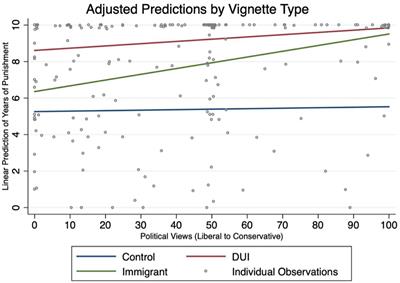
ORIGINAL RESEARCH
Published on 03 Feb 2022
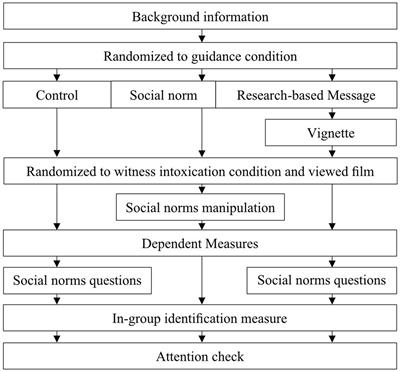
ORIGINAL RESEARCH
Published on 14 Jan 2022
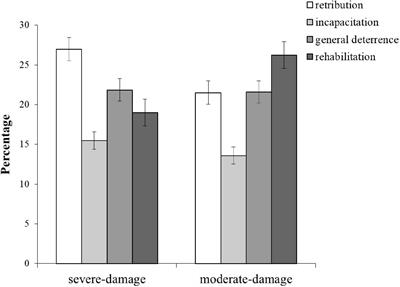
ORIGINAL RESEARCH
Published on 13 Jan 2022
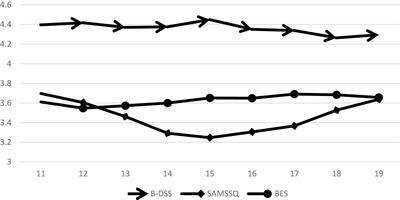
BRIEF RESEARCH REPORT
Published on 03 Jan 2022
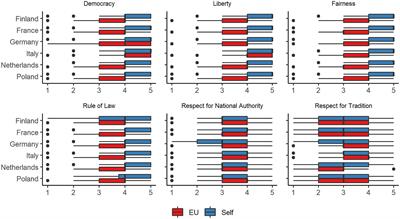
ORIGINAL RESEARCH
Published on 24 Dec 2021
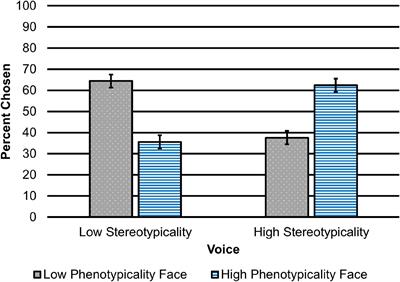
ORIGINAL RESEARCH
Published on 23 Dec 2021
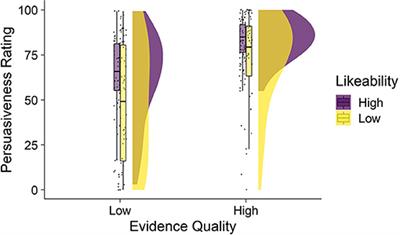
ORIGINAL RESEARCH
Published on 29 Nov 2021
